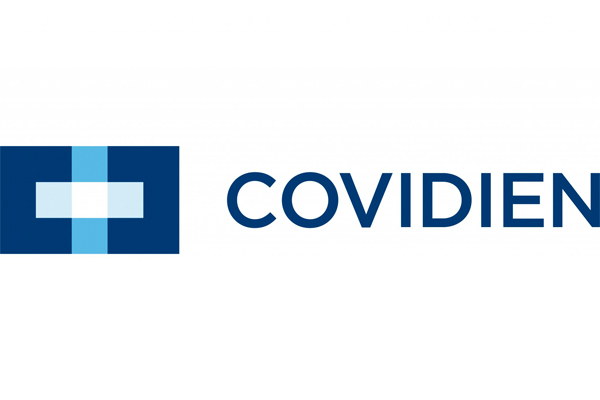
Covidien (NYSE:COV) said it plans to wind down its OneShot renal denervation program, largely due to "slower than expected development of the renal denervation market," meaning the end for a U.S. clinical trial of the high blood pressure device.
"This decision resulted from Covidien’s regular review of strategic programs and growth potential for various aspects of its product portfolio," according to a press release. "Over the next several weeks, the company will collaborate with physicians and the renal denervation community to ensure existing OneShot patients are informed and the currently enrolling clinical trials are transitioned appropriately."
The OneShot device already had CE Mark approval in the European Union for treating resistant hypertension in April 2012, when Covidien paid $60 million in cash and put another $170 million on the table in milestones.
The move means the closure of Covidien’s Rapid II trial, which was projected to enroll 253 patients, comparing treatment with the OneShot device with standard drug treatment in patients with resistant hypertension, according to the release.
Covidien said it expects the OneShot exit to cost between $20 million and $25 million after tax. The company sought to hedge its bet by saying it still finds the resistant hypertension market attractive.
"Covidien believes that the long-term hypertension market remains attractive and will continue to explore opportunities in this area," according to the release.
Hopes for the renal denervation market plunged earlier this month with the surprise announcement that the U.S. trial for Medtronic‘s (NYSE:MDT) Symplicity RDN device missed its primary efficacy endpoint. Full results from the trial are slated to drop at the American College of Cardiology conference in late March. The news came as a shock to the industry; an FDA nod for the Symplicity device once seemed to be such a lock that St. Jude Medical (NYSE:STJ) suspended a U.S. trial of its Enlightn renal denervation entry.
Both St. Jude and Boston Scientific (NYSE:BSX), which got into RDN with the $130 million buyout of Vessix last year, said last week that they were still bullish on the technology in hard-to-treat high blood pressure cases. But Boston still decided to delay the Vessix program until more is known about the Symplicity miss, CEO Michael Mahoney said.
"We would be crazy not to take a pause and learn about the findings of that trial and adjust our plans accordingly," Mahoney told Bloomberg. "We want to wait and see and learn more about the Medtronic trial results before we have broad discussion with the FDA about what [our] trial design should be."
Shortly after the Symplicity trial shocker, 1 of its co-principal investigators said it’s “highly unlikely” that RDN will prove out for hypertension. But Dr. Darrel Francis, who struck a cautionary tone on renal denervation last year, told MassDevice.com that if the Symplicity trial shows even a relatively small benefit, it could make a big difference for patients.
"[T]he world of treatment of hypertension is constructed of small effects, carefully stacked up one on another," Francis told us. "A lasting effect of 5-10 mmHg from a single procedure is a huge benefit to patients, because it is similar to what you get from an additional drug that you have to keep taking daily. Patients find that difficult in real life. That is why they have resistant hypertension – because they are resistant to regularly taking any more (or sometimes any) drugs.
"Renal denervation is for patients who prefer it to actually taking more medications," Francis said.

